Industrialization 4.0 is absolutely impacting international business and the transport of goods. The impact of globalisation and industrialization on the industry is significant.
"Ever since the first industrial revolution, industrialization has impacted international business. In particular, advances in transport and telecommunications have had a huge impact. With increasing trade and communication, more and more companies are extending their reach across land and sea."
The shift to digital in manufacturing is impacting the way companies communicate with each other and increasing competition. "This means that companies must focus on meeting ever-changing consumer demands. Keeping manufacturing and production flexible and incorporating automated technologies can cut production times and allow companies to respond quicker, increasing competitive advantage."

What is Industrial Globalization?
Industrial globalization is the process by which organizations enable cross-border production, allowing the to identify and capitalize on new markets. This can lead to advantages, such as reduced costs of supplies and labor, partnership opportunities, and additional markets for commerce.
For manufacturing, the advent of the most simple communication technologies have enabled corporations to establish production facilities globally, helping them to significantly reduce costs.
What is the Effect of Globalization on Industry?
Globalization simply decreases the cost to manufacture goods. Further, worldwide locations can open new markets for selling goods and services as well as shorten the supply chain.
Digital technologies of the Fourth Industrial Revolution are continuing to enable globalization for the manufacturing industry. With IoT, business leaders can monitor their equipment, people, and plants from anywhere in the world
What is Industry 4.0?
Industry 4.0, also known as the Fourth Industrial Revolution, or 4IR, is an all-encompassing term to refer to the way computers, data and automation are evolving and coming together to change the way work happens, and in particular, manufacturing. Read the complete guide on Industry 4.0.
Recommended ReadHow Industry 4.0 impacts globalisationSource: http://www.manufacturingglobal.com
One of the earliest flights between two countries took place on January 7, 1785, when Jean-Pierre Blanchard and John Jeffries crossed the English Channel by hot air balloon. It wasn’t until over a century later that a heavier-than-air object repeated the journey. Here, Jonathan Wilkins, marketing director at obsolete industrial parts supplier EU Automation, discusses how technology has changed how businesses operate internationally. At the start of the 20th century, developments in aviation technology took off and the first airline to operate international flights was launched in 1917. Since then, the ability to travel and transport goods internationally has dramatically altered the way companies do business. Read More
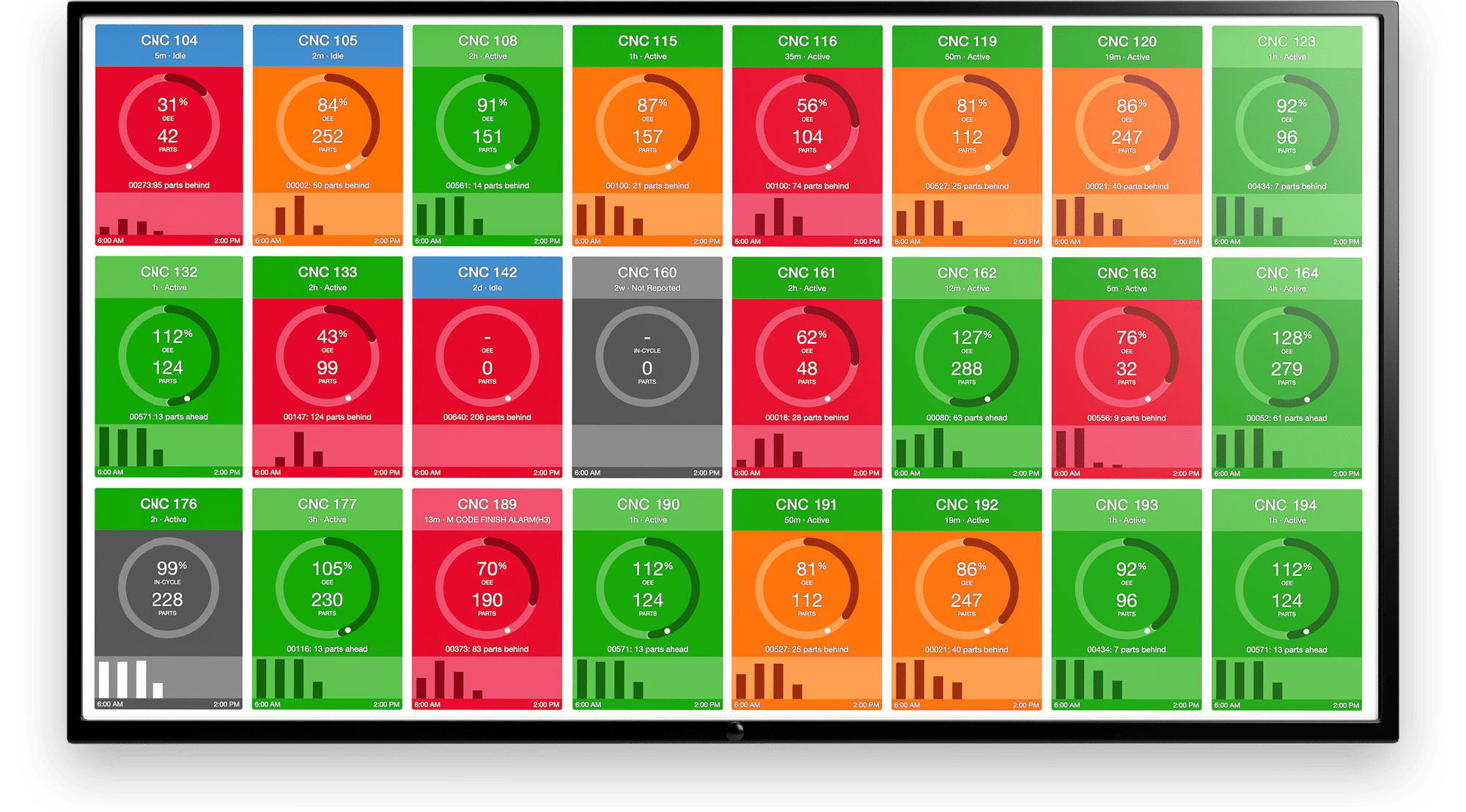
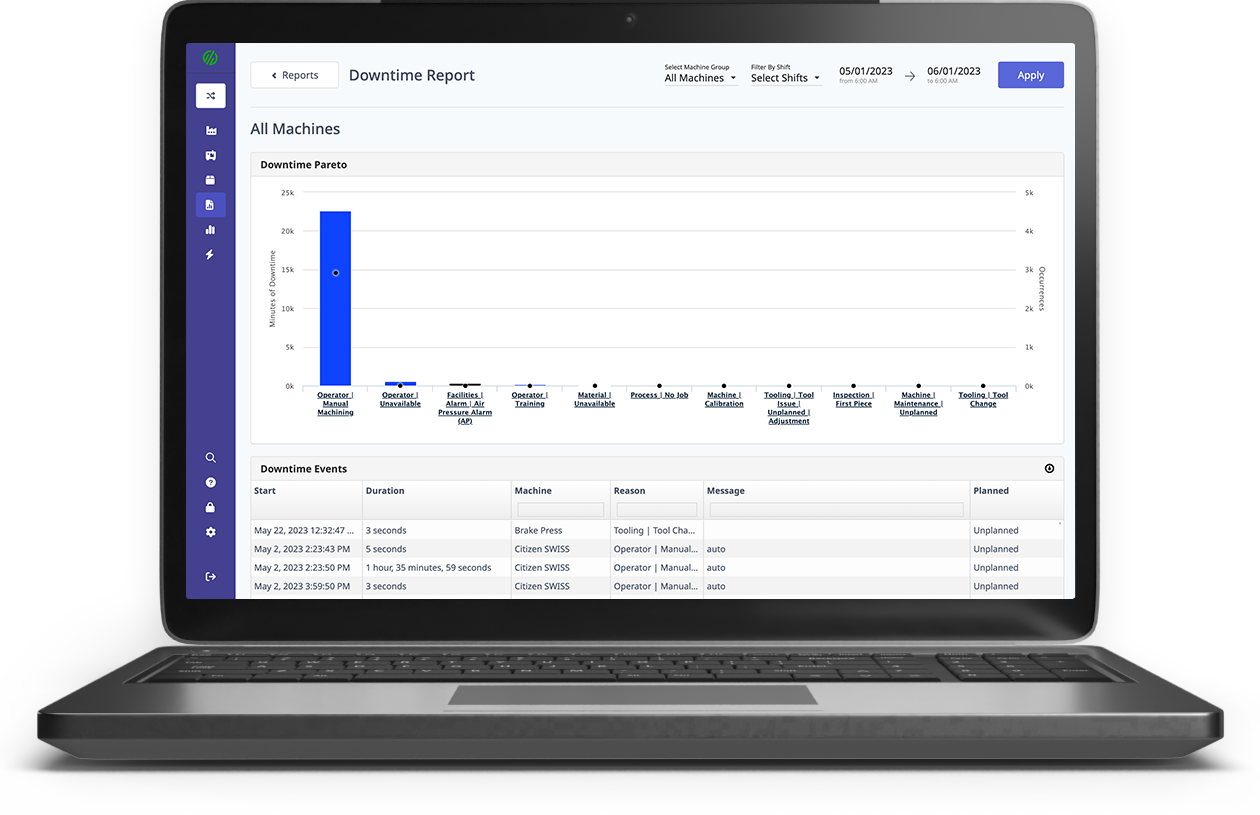
.png?width=1960&height=1300&name=01_comp_Downtime-%26-Quality_laptop%20(1).png)

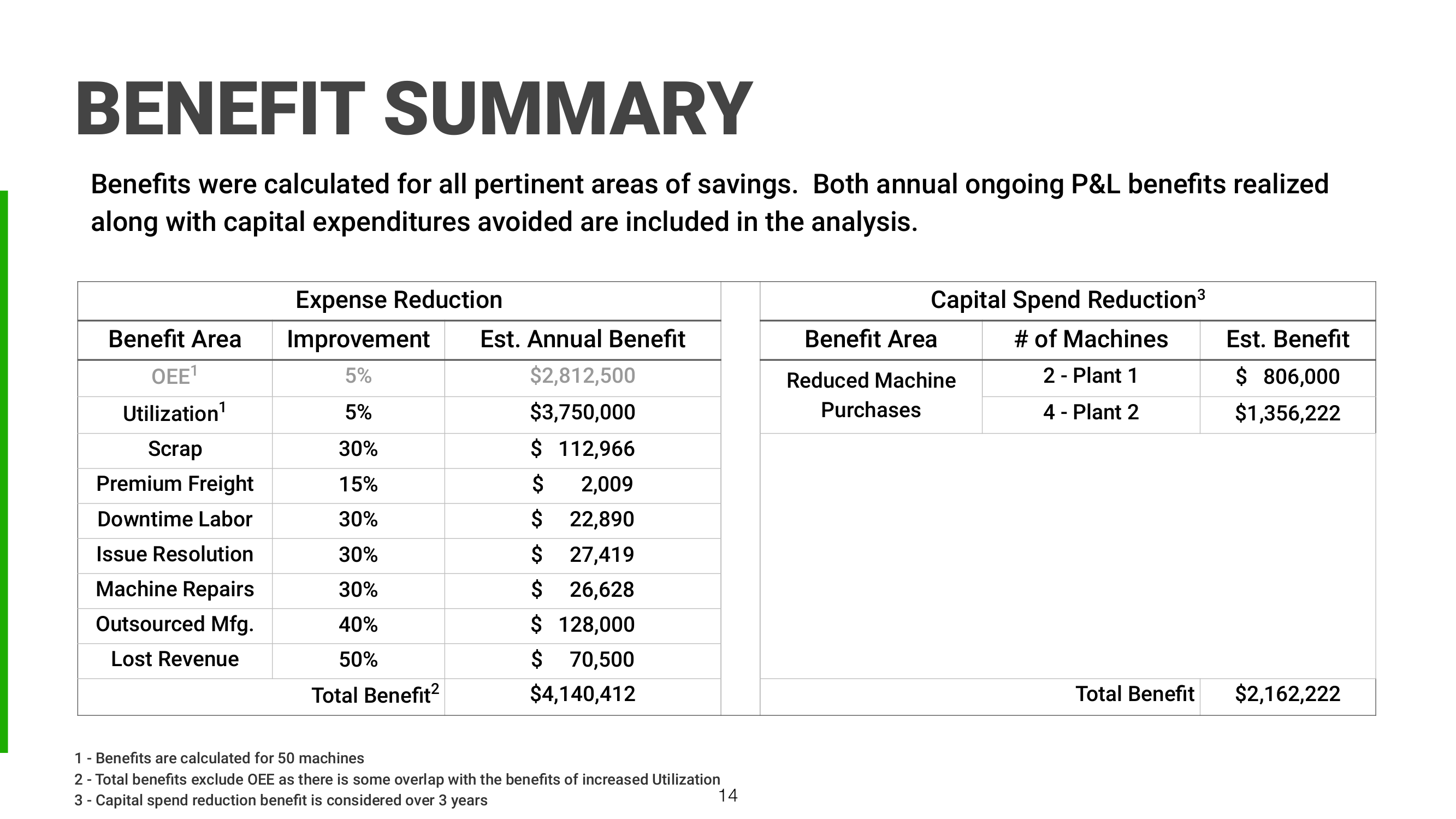
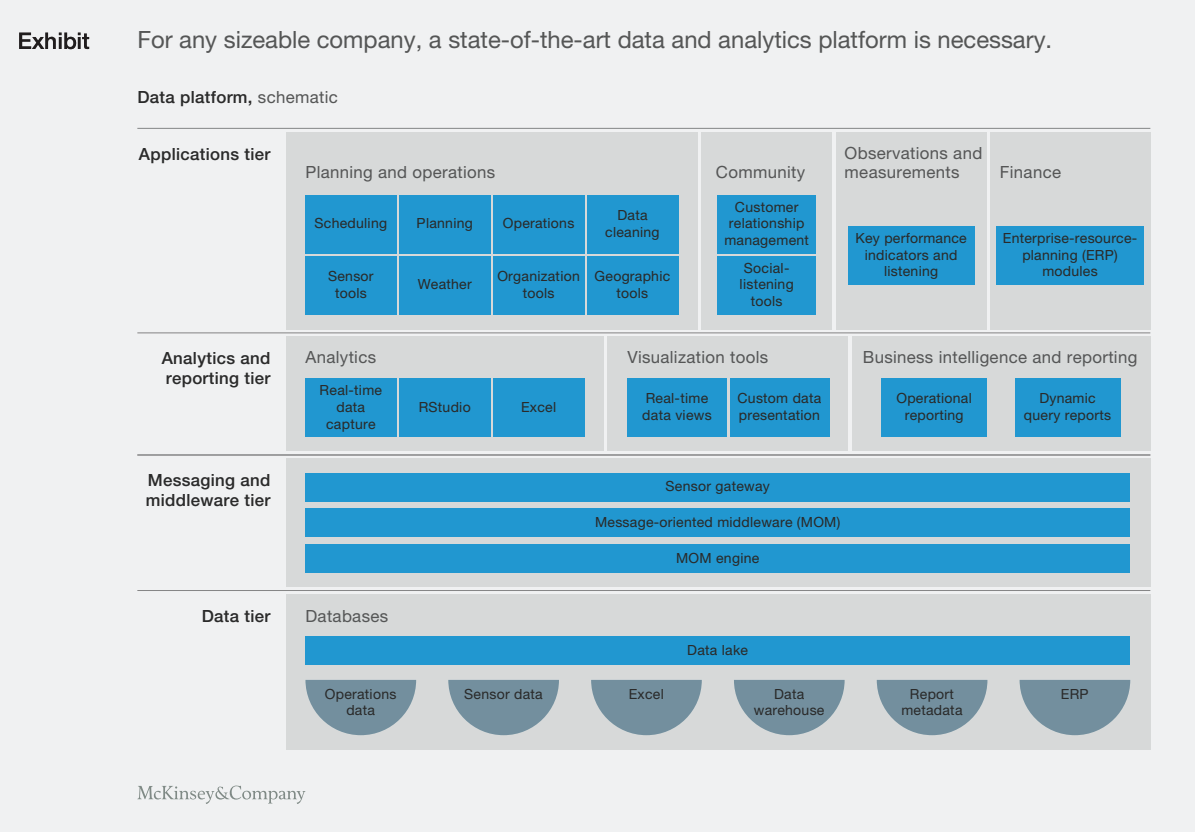
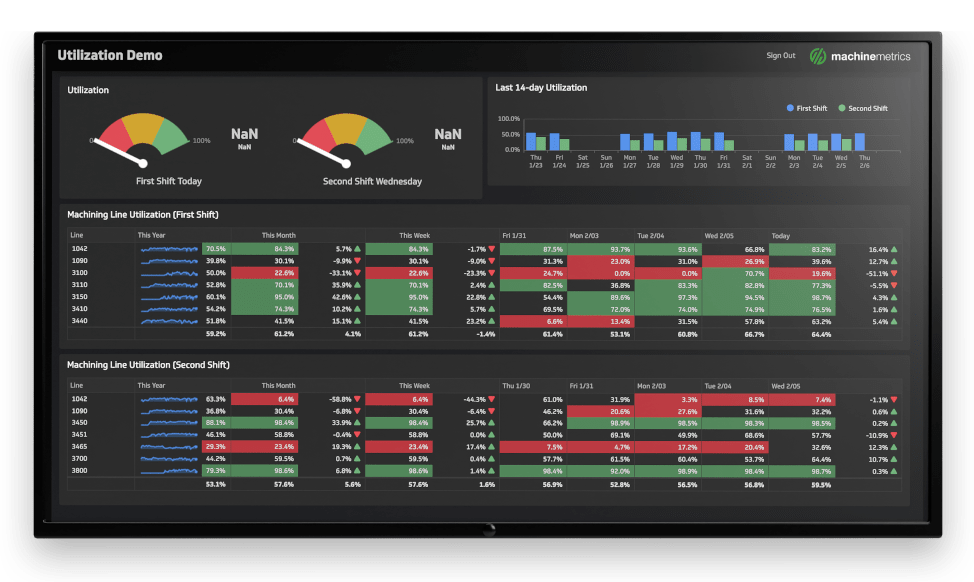
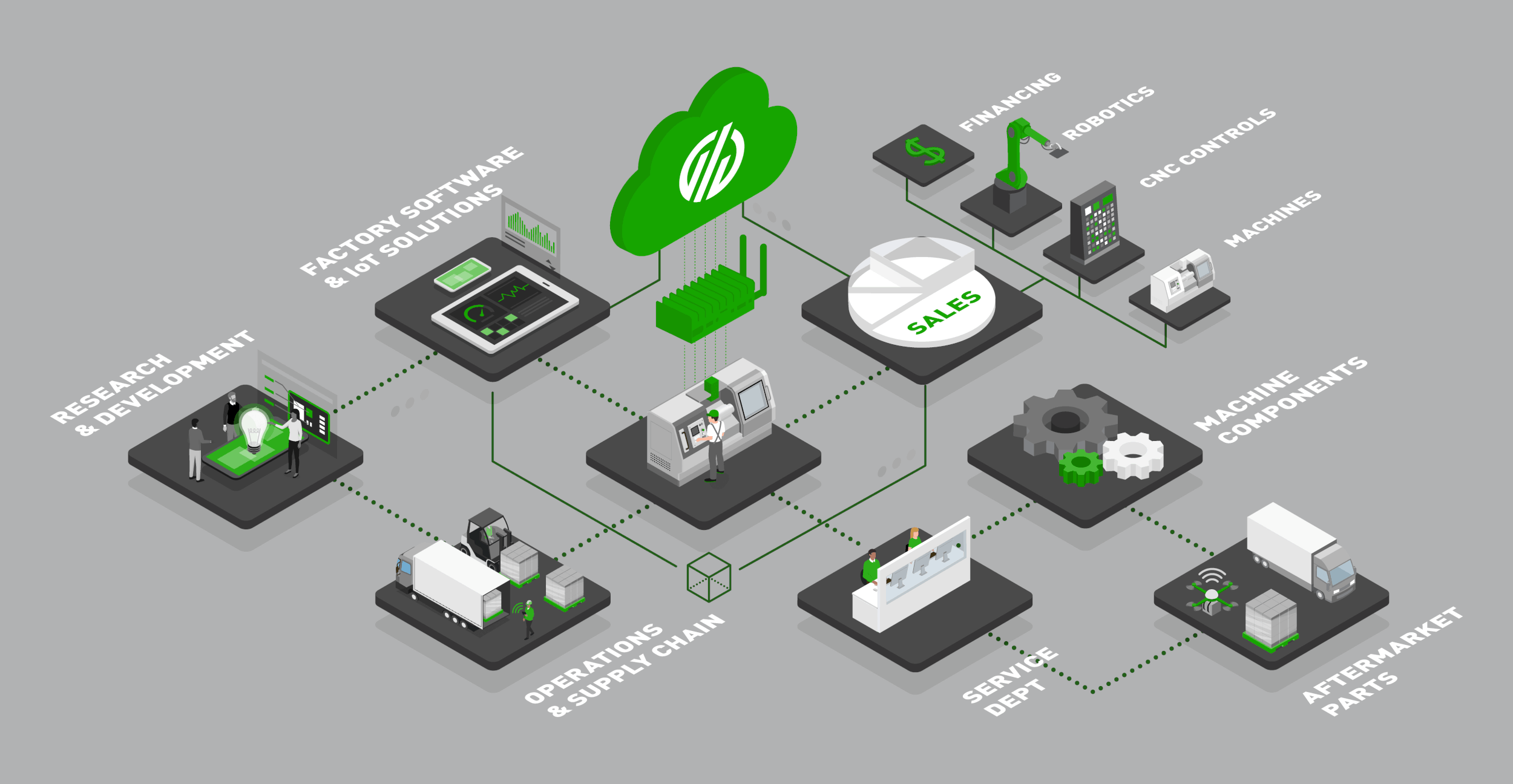
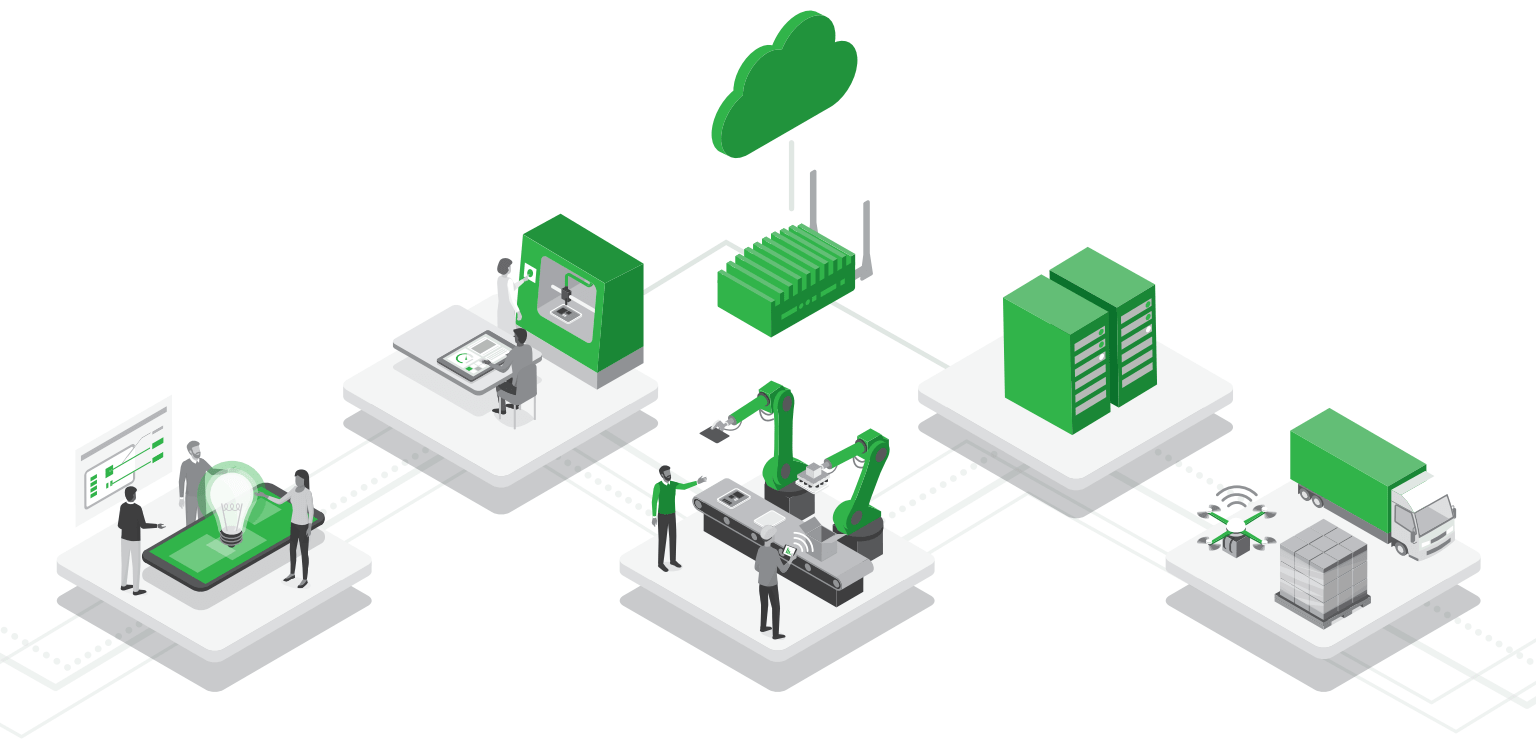

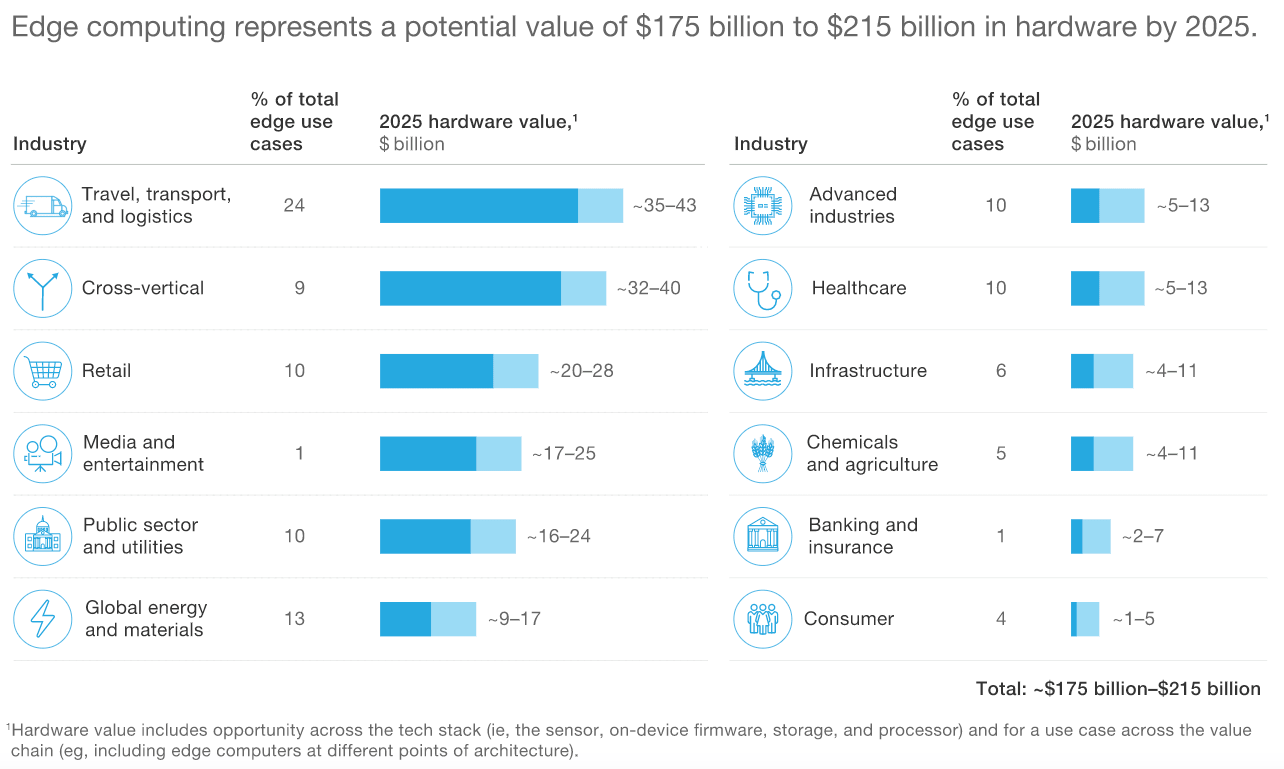
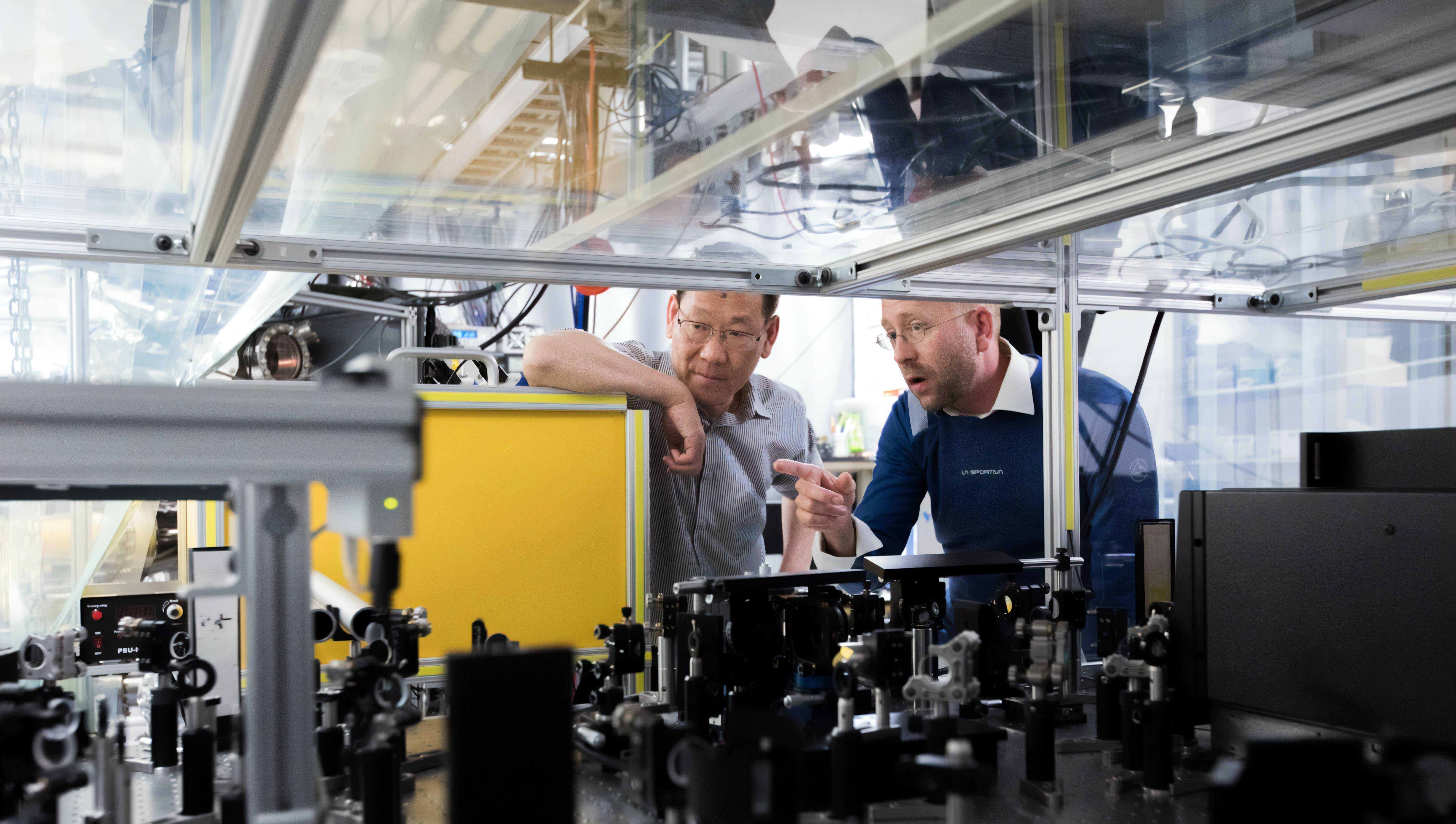
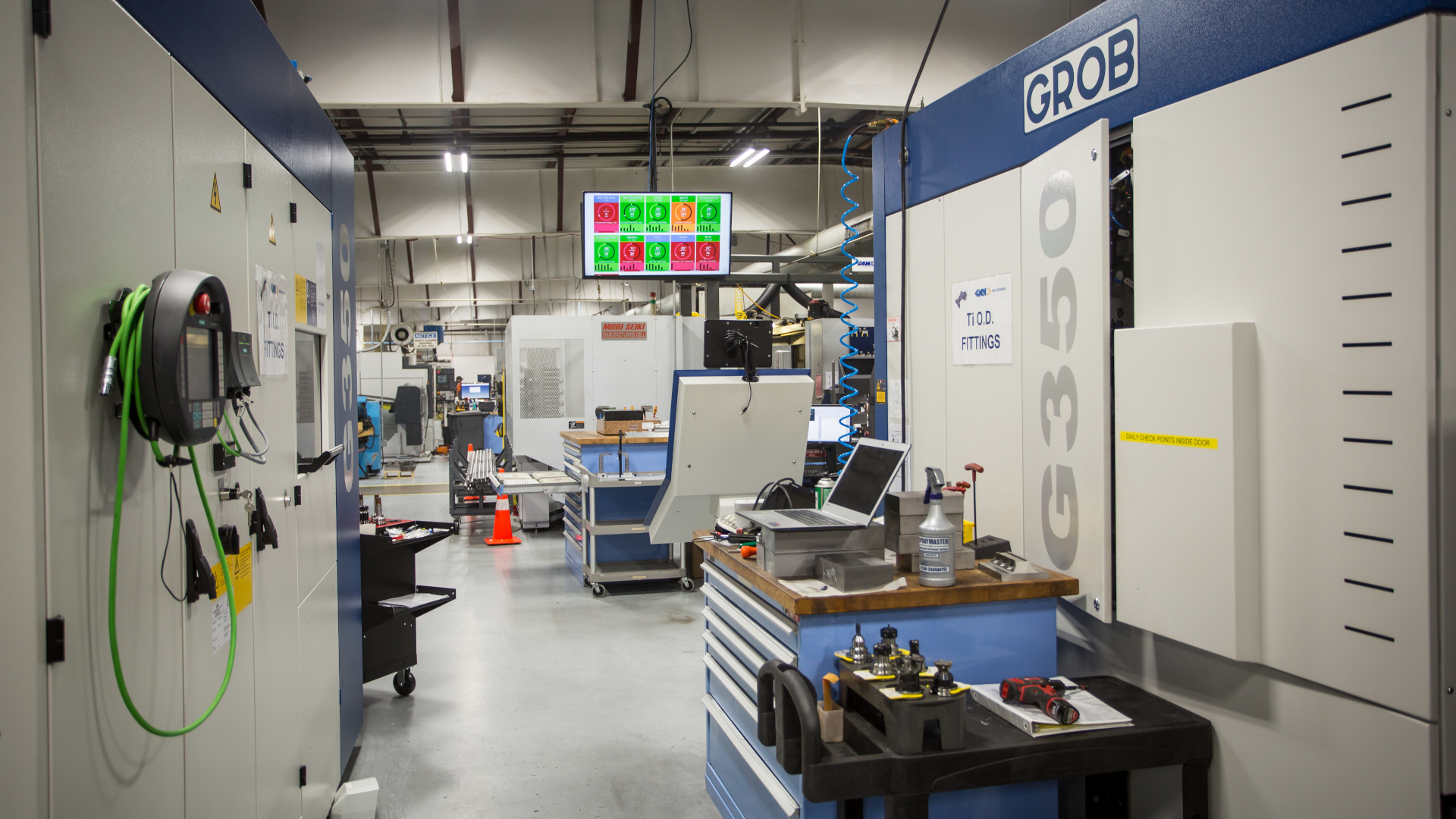

Comments